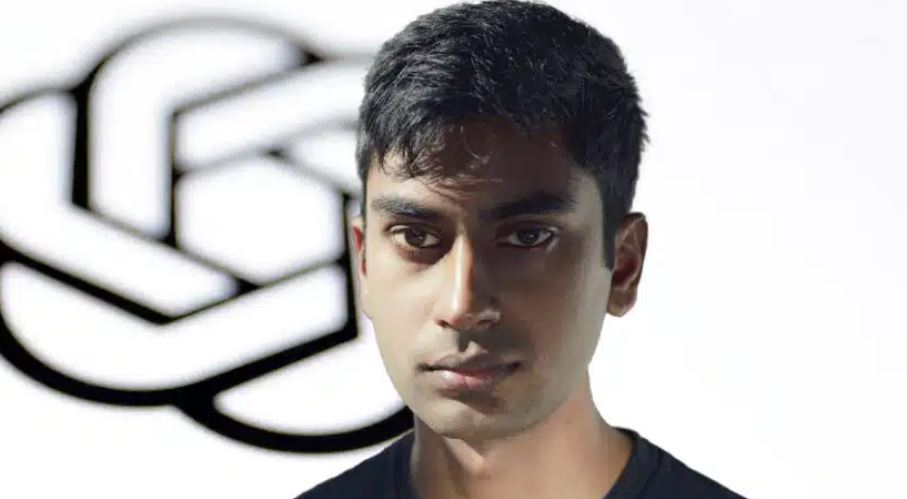Hailed as a child prodigy, Suchir Balaji was captivated by the promise of artificial intelligence (AI) and its potential to revolutionize the world. However, his perception took a dramatic turn during his tenure at OpenAI, where he uncovered unsettling realities. This portrait delves into the life and work of a young researcher whose warnings about AI’s dangers remain crucial.

A Turbulent Year
On November 21, 2023, Suchir Balaji celebrated his 26th birthday with close friends in San Francisco. It was a subdued occasion marking a year of significant upheaval—a year that saw him resign from his role at OpenAI and emerge as a whistleblower. Just days later, Balaji was preparing to return to California, where his parents awaited him.
Tragically, on November 26, his body was found in his San Francisco apartment under mysterious circumstances. Initially classified as a suicide, Balaji’s death has since raised numerous questions. His parents have vehemently disputed the suicide claim, citing signs of struggle and suspicious injuries. The case has drawn attention from prominent figures, including Elon Musk, who has called for an impartial investigation.
From Prodigy to AI Critic
Born in Cupertino, California, in 1998, Suchir Balaji’s talent for technology was evident early. A finalist in the 2015-16 United States of America Computing Olympiad, he graduated from the University of California, Berkeley, with a degree in Computer Science in 2021. His mother, Poornima Ramarao, recalled his early prowess, from coding at 11 to building his own computer at 13, and later, joining Quora at 17.
Balaji’s fascination with AI began in his teenage years, driven by a belief that the technology could cure diseases and halt aging. This passion led him to OpenAI, where he began as an intern in 2018 and became a full-time researcher in 2021. Yet, his optimism was shattered by the realities he encountered within the organization.
Disillusionment with OpenAI
Balaji’s tenure at OpenAI coincided with its transition from a non-profit to a for-profit entity. His contributions to the development of ChatGPT were significant, but over time, he grew disillusioned with the company’s practices. He raised ethical concerns about the use of copyrighted material in training AI models, which he believed infringed on the rights of creators.
In 2024, Balaji left OpenAI, citing fundamental disagreements over the company’s direction. In an interview with The New York Times, he expressed his disillusionment, stating, “If you believe what I believe, you have to just leave.”
Going Public
Balaji’s departure from OpenAI was just the beginning of his crusade against what he saw as unethical AI practices. He publicly criticized the company’s “fair use” policy, which he argued allowed for unauthorized use of copyrighted content. Balaji was preparing legal action against OpenAI and had amassed evidence to support his claims.
Fair Use Controversy
OpenAI’s “fair use” policy involves using copyrighted content to train AI models under the premise that the output serves a new, transformative purpose. However, Balaji’s research indicated that this practice could result in unauthorized outputs that infringe on copyright laws. He emphasized the complexity of determining fair use on a case-by-case basis, warning of potential legal pitfalls.
A Legacy of Caution
Suchir Balaji’s untimely death has left the tech industry grappling with unanswered questions. His transformation from a dedicated AI researcher to a vocal critic underscores the ethical dilemmas surrounding AI development. Balaji’s efforts to expose the darker aspects of AI serve as a cautionary tale about the need for responsible innovation.
His warnings about the unchecked growth of AI and its potential misuse continue to resonate. As the world navigates the complexities of AI, Balaji’s legacy reminds us of the importance of ethical considerations and the potential consequences of ignoring them.









